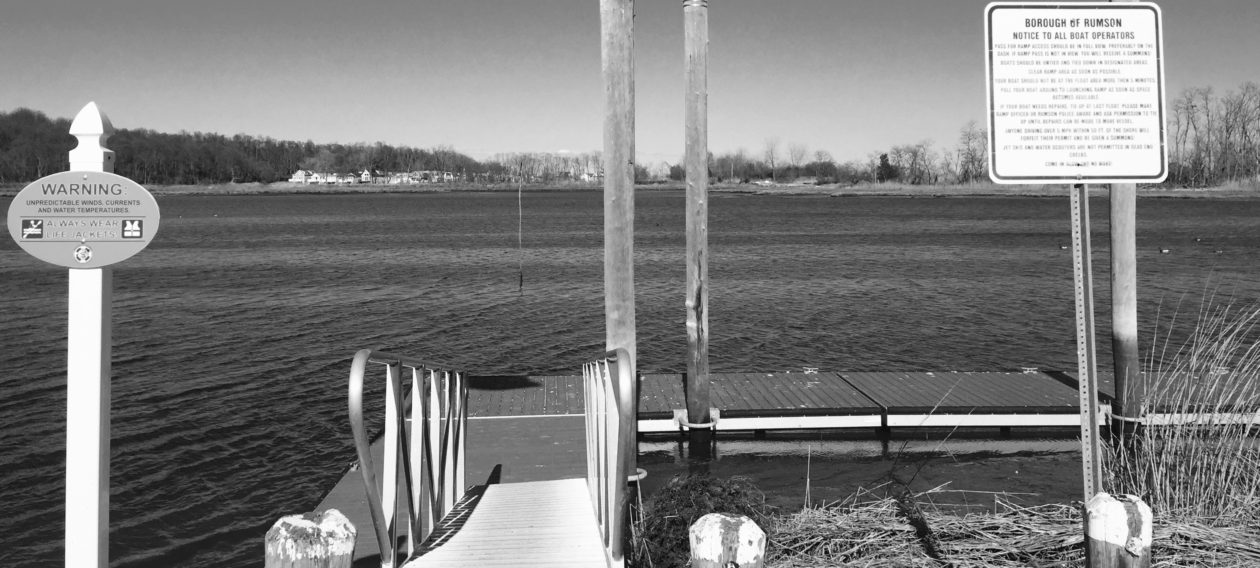By Elaine Van Develde
The Fair Haven house that Charles Williams built is gone.
But the historic significance of the freed African-American slave’s family homestead at the foot of DeNormandie Avenue has not been forgotten as the borough preps the swath of Navesink riverfront property for it’s new life as a park.
Fair Haven officials have said all along that once the transformation to passive recreation park takes hold, a plaque commemorating the Williams family and its Robards descendants will be anchored on the site. The plaque will include a brief history of the land’s significance.
For now, though, getting set for some major landscaping is the priority.
“The DPW is finishing up with clearing the property of any remaining bits of debris from the demolition,” Fair Haven Mayor Ben Lucarelli said. “The borough’s arborist has assessed the trees on the property and made a determination of which can be cut down and which must be saved. Becker Tree Service, which has a contract with the borough, will soon remove the trees that cannot be saved.”
After that, the property will be readied for turf and landscaping.
Taxpayers contributed roughly $200,000 to the acquisition of the $1.2 million plat. The remainder of the money to purchase it came from state, county and non-profit grants — all of which were contingent upon a commitment to eternally preserve the land as open space.
Take a look at the above slideshow for a glimpse into the property’s history, from borough acquisition to the home’s demolition.
— Photos and slideshow/Elaine Van Develde







You must be logged in to post a comment.